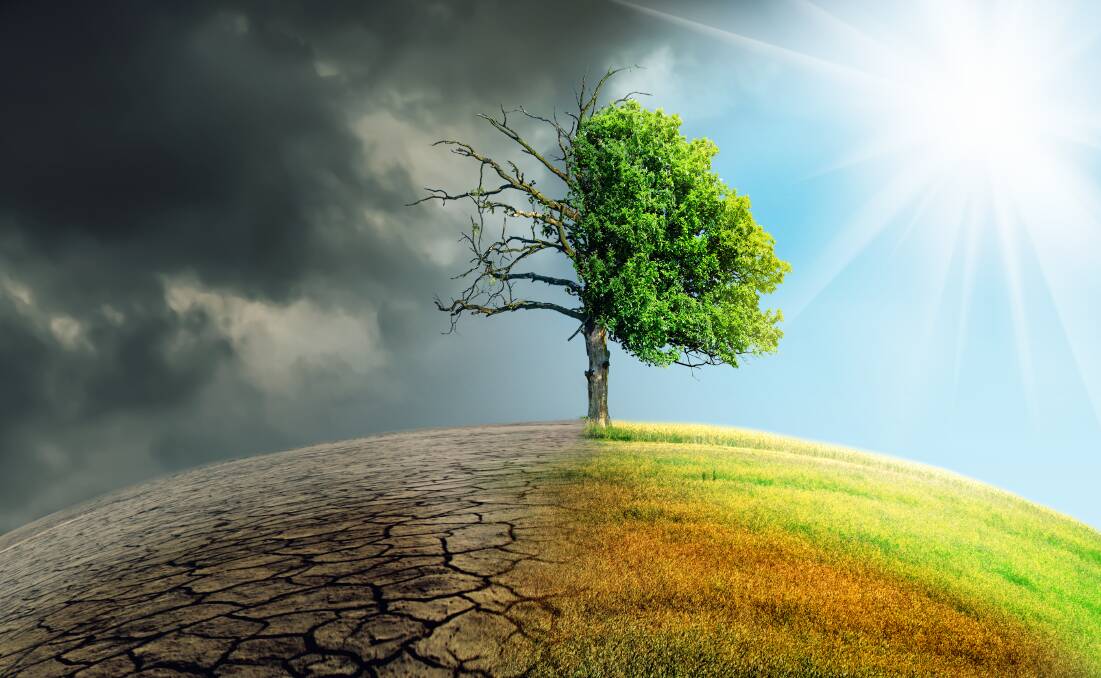
Scottish novelist Martin MacInnes third novel, In Ascension (Atlantic $32.99), follows the themes which he established in both his first novel, Infinite Ground (2016), which won the Somerset Maugham Award, and his second novel, Gathering Evidence (2020). McInnes' framework is that "climate disaster has been and continues to be enabled primarily through our refusal to accept human integration in the natural world".
Subscribe now for unlimited access.
or signup to continue reading
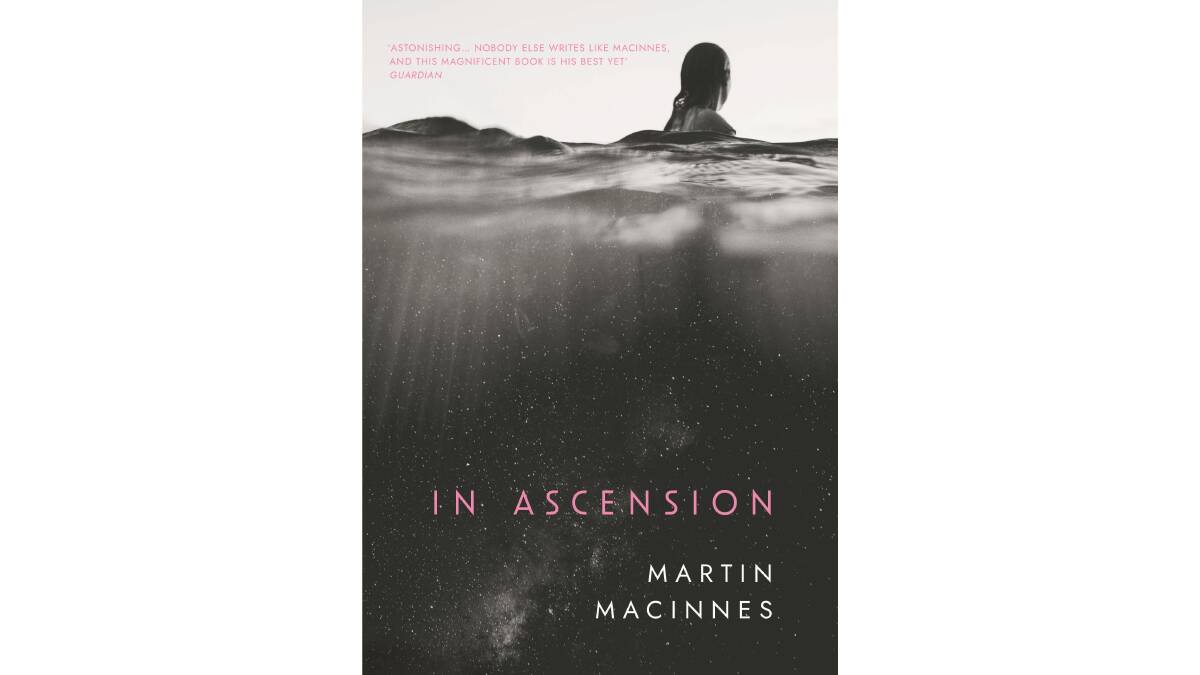
In the latest novel, Dr Leigh Hasenboch, a Rotterdam marine microbiologist with a troubled family history, is sent to investigate a mysterious hole off the coast of South America, which apparently is three times deeper than the Mariana Trench and may contain new life forms.
Leigh's marine work then links her to another strange phenomenon being part of a three person interstellar space crew to track down a mysterious huge ovoid, which evokes memories of Arthur C Clarke's classic SF novel Rendezvous With Rama.
MacInnes is, however, no hard SF author, but rather one more interested in exploring the human condition, especially in terms of the boundaries between human and nonhuman, our origins and the natural world. MacInnes sees his thematically challenging novel as "an attack against the assumption that humans are somehow "outside the (earth) system'".
Macintosh may well be listed in the forthcoming 2023 Granta Best of British Young Authors, an award which Christopher Priest won in 1983. Priest's latest novel, Expect Me Tomorrow (Gollancz. $49.99). follows his recent novels in mixing time and place. Priest juxtaposes events in the 19th century with a climate devastated 2050, impacted by increasing heat, dying vegetation, food scarcities and power outages.
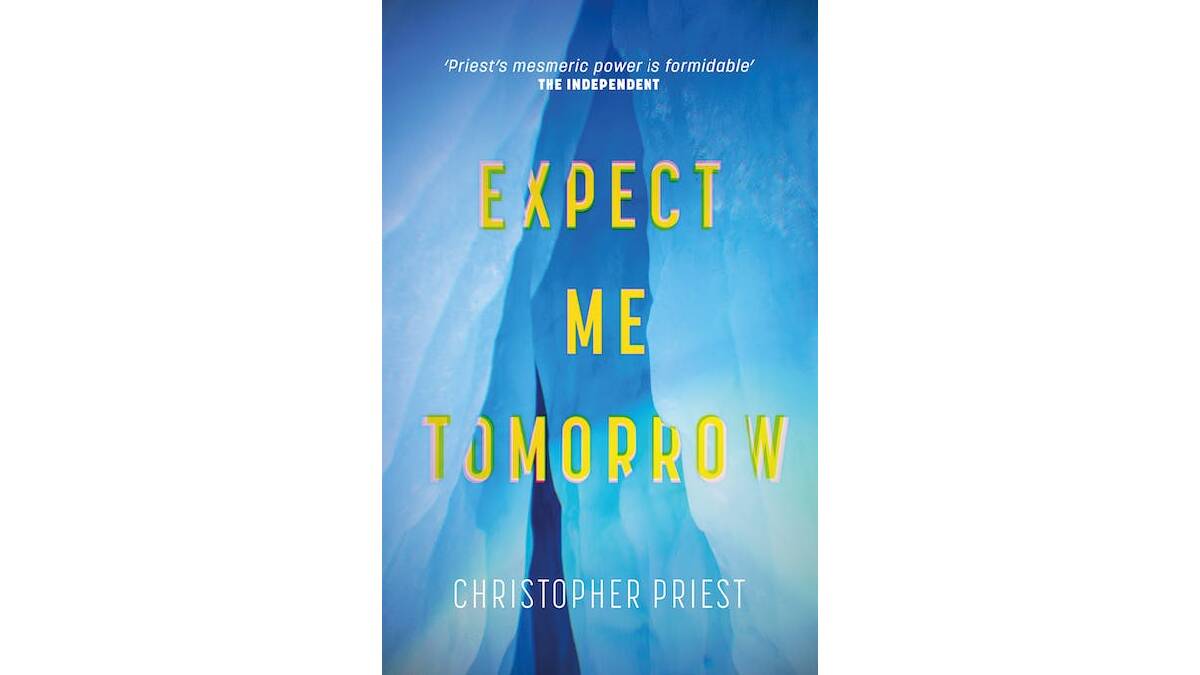
In 2050, Charles "Chad" Ramsey, an erstwhile police profiler with a twin brother, climate journalist, Greg, improves his profiling research via an experimental neurological brain attachment. This enables him to signal back to family ancestors and twins, Adolph and Adler Beck, in the second half of the 19th century, who are decidedly confused by the temporal incursions.
Priest follows the lives of the Becks and the Ramseys in different literary styles, characters fragmentally connected, by Chad's unexpected mental time machine. How the past and the present interact and influence the future is the key to Expect Me Tomorrow.
World Fantasy Award winner Lavie Tidhar brings together another outstanding collection The Best of World SF. Volume 2 (Head of Zeus, $39.95) which features 29 stories from authors from 23 countries, thus moving outside the usual Western canon. Eight of the stories are original, while the other 21 have been published within the last decade.
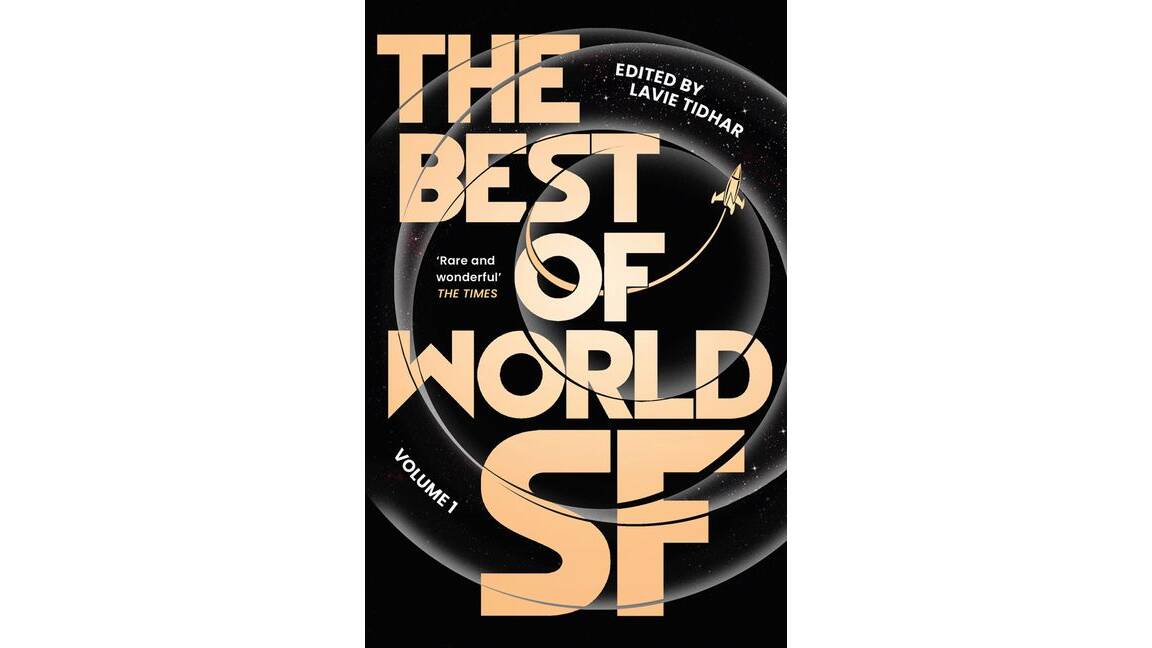
The imaginative opening story, Nadia Afifi's The Bahrain Underground Bazaar", sees an old woman Zahra, dying of cancer, visiting Bahrain virtual immersion chambers so she can experience the memories of other people's deaths and thus what it is to face death. One experience will reconcile her to her fate and restore family relationships. Afifi delicately balances the corporate exploitations of the digital world with the emotional needs of a single person.
Dystopias and robots/artificial intelligence are prominent themes throughout the collection. Greek author Natalia Theodoridou in "To Set at Twilight in a Land of Reeds" has a world in which humans have made robots sentient to make them better at their harvesting tasks, but it also brings them sorrow amidst the human emotions.
Malaysian author, William Tham Wai Liang, in "Kakak" reveals that exploited androids in a Malaysia, divided between rich and poor, can be more human than their owners, while Chinese author Xing He in "Your Multicolored Life" contrasts machine societies of freedom and slavery.
British science journalist Stuart Clark, in The Book of Mars: An Anthology of Fact and Fiction (Head of Zeus. $49.99), traces Mars from "Myth to Musk" through 100 selections of fiction and nonfiction. Each of the loosely themed six sections is arranged chronologically.
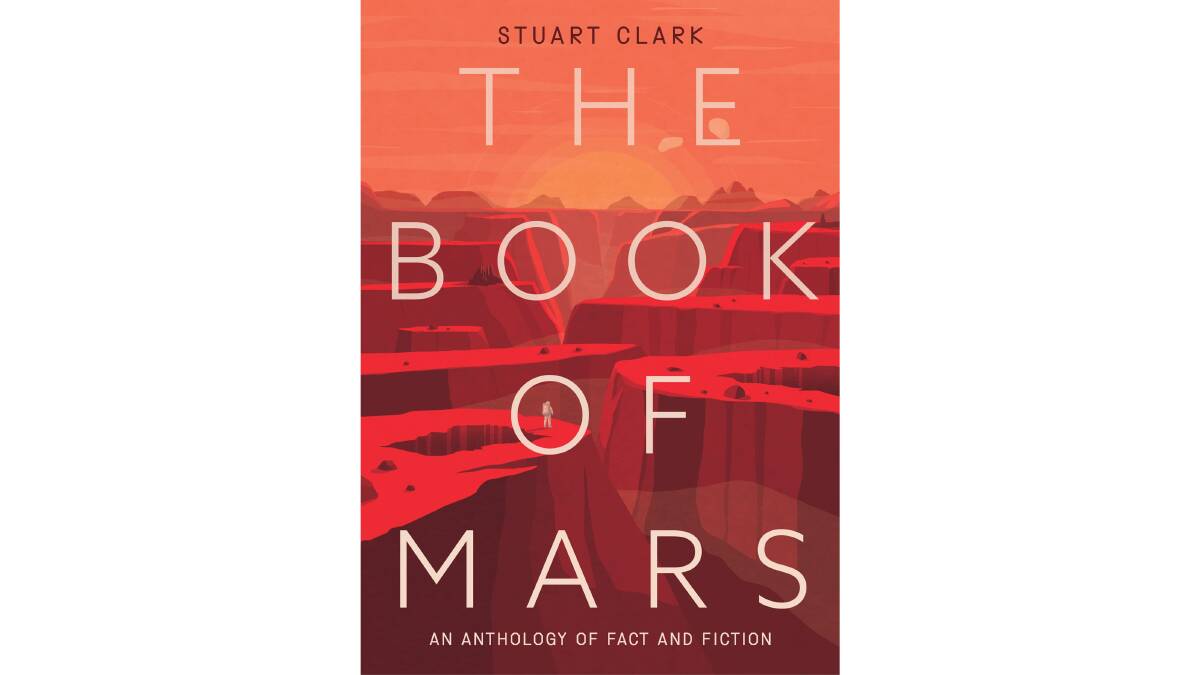
The largely American and British fiction selection includes authors such as Stanley G. Weinbaum, Arthur C. Clarke, H.G. Wells, Andy Weir, and Roger Zelazny, but not Kim Stanley Robinson, whose award-winning Mars trilogy, writings could inform Ellen Musk's views on the possibilities of terraforming Mars.
The chapter selections, in nearly 900 pages, are not always a successful blend of fact and fiction. The fiction is often in the realm of the fantastic rather than hard SF, such as in the writings of Edgar Rice Burroughs and Ray Bradbury. An unexpected short story is Martin Amis' "The Janitor on Mars", in which a Martian robot reveals the reality of our place in the universe against a jarring background story of child abuse. More relevant are the nonfiction writers, such as Christopher Mason and Robert Zubrin, although many of the selections are imbued with the optimism of Mars exploration without deep consideration of the financial, scientific and ecological implications. Mars, however, still beckons for billionaires.














